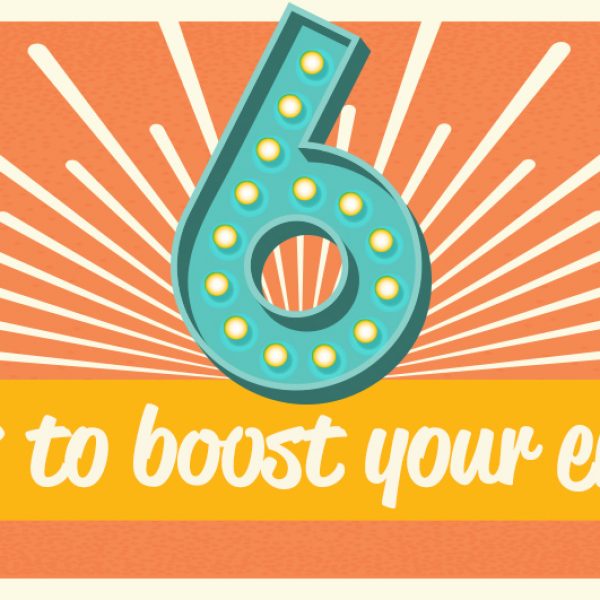

6 Ways to Boost Your Energy
Boost your energy with simple health hacks you can use in the morning, noon or night.
1. Eat Breakfast Like a King
Get your motor running! Nuts, seeds, greens are great choices to kick-start your morning. A 2017 study found eating earlier in the day leads to fewer calories consumed and less body fat. Plus, eating late in the day was linked to poor sleep. For more energy, it’s been said, “Eat breakfast like a King, dinner like a peasant.” Avoid the intricate, decadent late-night meal. Instead, keep it small and simple, and for optimal muscle recovery, focus on protein.
2. March to a Different Beat
Is the beat of your drum too fast? Slowing down may help you re-charge. Natural products with calming effects include valerian, melatonin, magnesium, rhodiola and essential oils (lavender and frankincense). Spark vitality by marching to a different beat. Engage in some work that uplifts you. It need not be paid: think volunteering or re-discovering a favourite hobby.
3. Make More Energy
Battery failing? The battery packs of your cells are called mitochondria. As you age, they are becoming dysfunctional. They no longer produce energy and instead spew out damaging free radicals. This is linked to chronic fatigue, immune disorders and heart disease. Nutrients (PQQ, CoQ10, alpha lipoic acid) can protect mitochondria, optimize their function and make them multiply. Yes, more energy!
4. Pillow Talk
Hey, baby! Hanging out in a blue light district may seem exotic but, it’s affecting your circadian rhythm. Your internal clock effects your energy, immunity, hormones, cardiovascular and reproductive systems. Skip the screen time late at night. And, remember beds are for sleeping (not television watching or eating). Now, lay down and your pillow support you (not bury you – a pillow upgrade may be needed). Sweet dreams!
5. Switch Your Soda
Drink up! One of the first signs of dehydration is fatigue. Give yourself a daily water challenge: Fill a large water bottle and try to finish it by day’s end. Ditch the sweetness, honey! Try kombucha for your bubbly kick instead. It contains probiotics, that can promote a healthy gut – a key to a good mood. A few researchers suggest this fermented tea may also enhance sleep.
6. Pick Me Up
Need a pick me up? Try coffee, yerba matte, chai or green tea. Sugary foods are fast pick me ups that as quickly disappear making your brain perceive fatigue. Eat foods that offer slower, long-term energy: nuts and seeds, vegetables, avocados, olive oil, peas and beans.